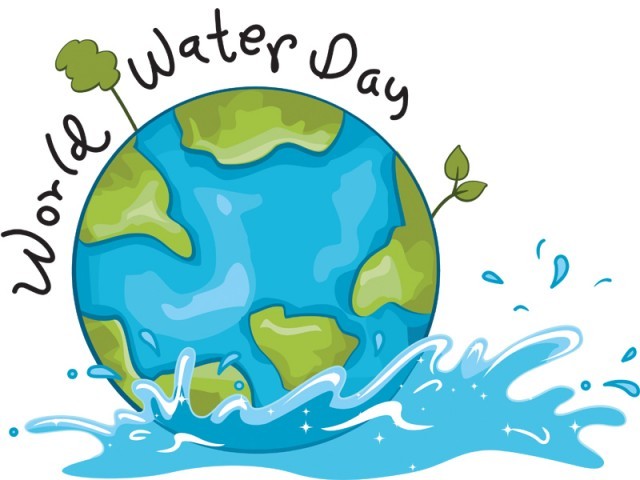In Africa, 32% of sub-Saharan Africans, do not have access to safe drinking water.
About 27 million people, in Somalia, South Sudan, northeastern Nigeria and Yemen, do not have access to clean water.
Every March 22, since originally launched in 1993, World Water Day occurs to bring attention to the water crisis; this year’s theme being “Waste Water”. World Water Day, coordinated by the UN-Water with the joint efforts of governments and partners, is a day all about taking action to fight the water crisis. In 2015, the Sustainable Development Goals were implemented to ensure that everyone can attain safe water by 2030; water is a key issue in the fight against extreme poverty.
According to the World Water Council, an estimated 12% of the world population does not have clean drinking water readily available and 3.5 million deaths a year are due to water-related diseases, which is more than car accidents and AIDS combined. 1.8 billion people use drinking water that is contaminated with feces, making them susceptible to cholera, dysentery, typhoid, and polio, among other diseases.
Over 80% of all waste water is not used again
According to the U.N., recycling water could help with water shortages. When waste water goes back into the ecosystem, it sometimes pollutes the environment. If waste water was to be treated with the correct technology, it could instead be recycled into “new” water.
70% of water withdrawals are due to agriculture
The U.N. claims that irrigation systems used in agriculture cause most water withdrawals worldwide. The effects of irrigation in less developed countries are devastating; agriculture is responsible for 90% of the worldwide water withdrawal. Without more efficient farming methods, the current water situation will not improve.
Leaking taps waste around 5,500 liters of water a year
The British NGO Waterwise reported that dripping taps waste a substantial amount of water. The EPA runs “Fix a Leak” week annually for nearly a decade. According to Watersense’s program, more than 10,000 gallons of water are wasted because of household leaks.
Less than 3% of the world’s water is drinkable
Even though the earth is predominantly water, a very small percentage of that is actually drinkable. National Geographic states that most of that water is trapped in Antarctica and the Arctic and is inaccessible for humans.
Over 20% of freshwater fish species are now endangered or extinct
The U.N. claims that these species have been hurt by human water consumption, so reducing water waste won’t just reduce bills but also help the environment.
People all around the world were spreading the message about waste water. To learn more about the waste water and about ways to help, visit worldwaterday.org.

Be First to Comment